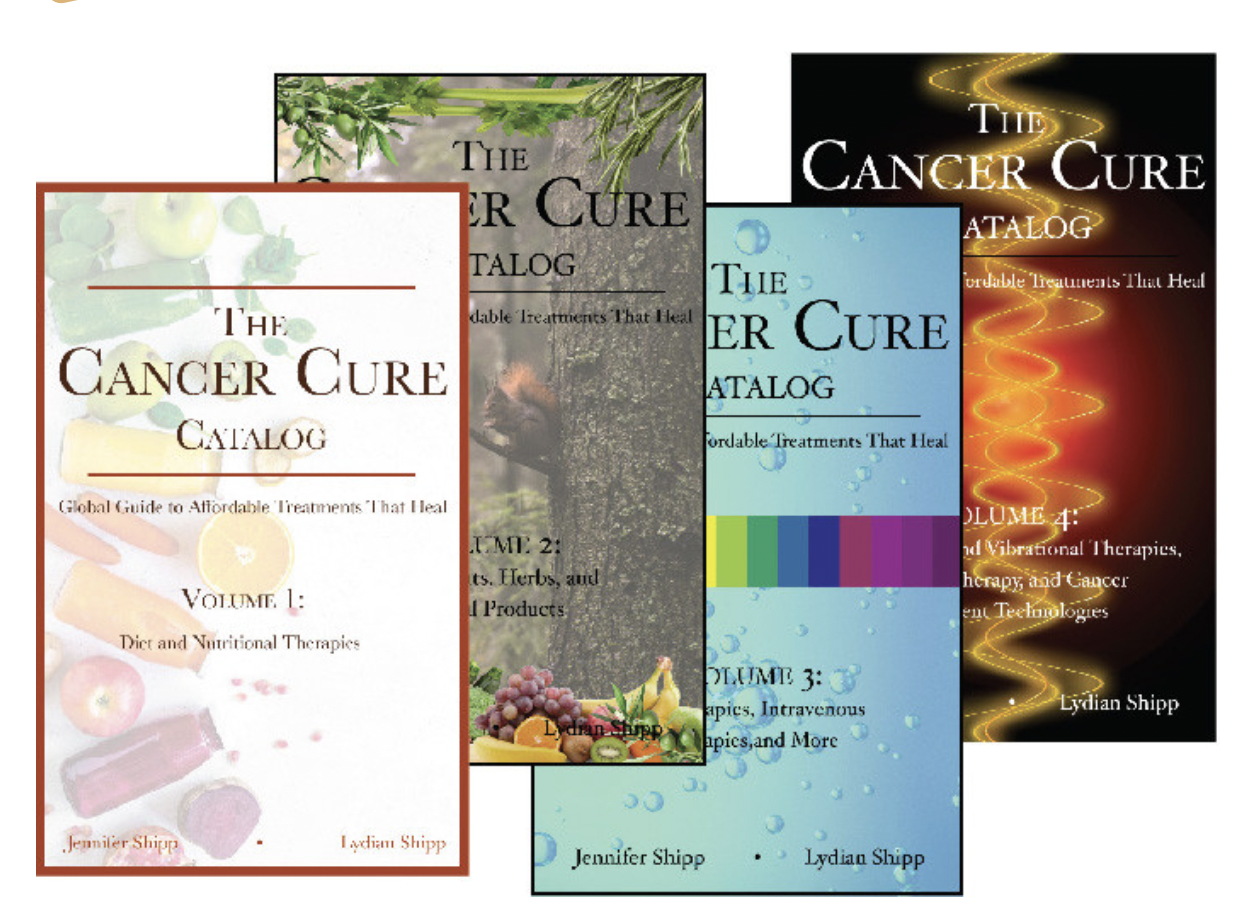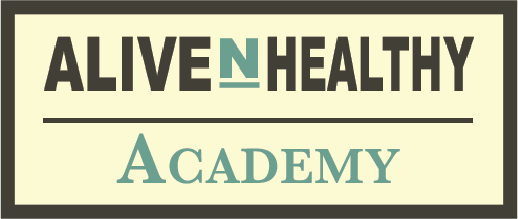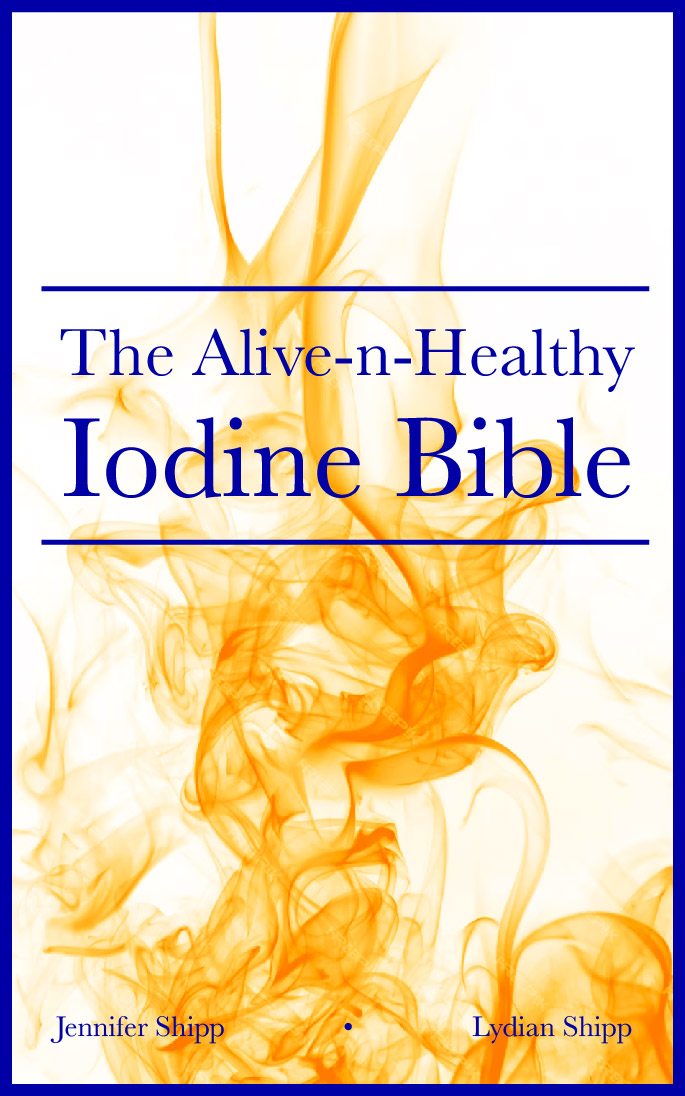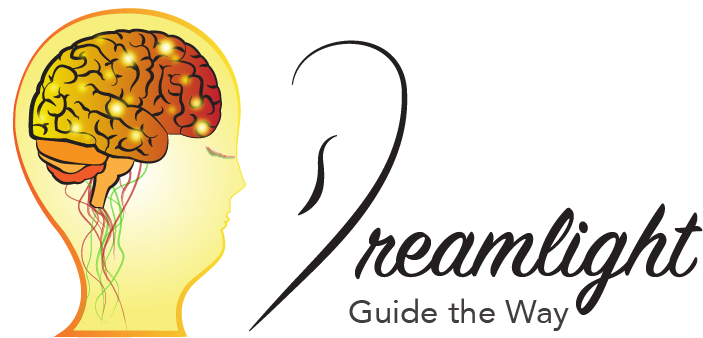How to Eat Right to Cure Cancer...
Note: This article was written specifically for cancer patients, but this particular anticancer diet can also be used as part of a protocol to cure the following diseases: The China Study was the largest nutritional research project ever undertaken. Scientifically, what this means is that the results of the study are likely to reflect an important truth about diet and disease. There were two important things that scientists learned from the study: 1) the consumption of animal products (meats, dairy products, etc.) can lead to the development of cancer; eating less than 5% animal products in the diet can eliminate cancer and 2) the consumption of dairy products leeches calcium from the bones causing osteoporosis (not preventing it as the dairy industry advertises).
The China Study was the largest nutritional research project ever undertaken. Scientifically, what this means is that the results of the study are likely to reflect an important truth about diet and disease. There were two important things that scientists learned from the study: 1) the consumption of animal products (meats, dairy products, etc.) can lead to the development of cancer; eating less than 5% animal products in the diet can eliminate cancer and 2) the consumption of dairy products leeches calcium from the bones causing osteoporosis (not preventing it as the dairy industry advertises).
The China Study diet is extremely straightforward. Patients consume a whole-foods, plant-based diet that excludes animal products and highly processed foods. As a treatment for cancer (as well as for diabetes and osteoporosis, as mentioned above), the China Study Diet is known to be highly effective, as well as easy to follow and implement in daily life.

Click here to schedule a health coaching call with us.
Detailed Introduction
The China Study was a twenty-year, collaborative research project and one of the most comprehensive studies of nutrition ever conducted [1][3][4]. The research findings from The China Study revealed that:-
- With appropriate dietary changes, diabetic patients can go off their medications and live normal, healthy lives.
- A proper diet alone can reverse heart disease. Reducing the amount of animal protein in the diet is more important than reducing saturated fats. Click here to also read about vitamin K2 / MK-7 as a nutrient that needs to be present in the diet to prevent calcification of the arteries and other soft tissues in the body.
- Breast cancer specifically is affected by female hormones circulating in the blood. These hormone levels are affected by diet.
- The consumption of dairy products increases the risk of prostate cancer.
- The consumption of antioxidants found in fresh fruits and vegetables are significantly correlated with better mental performance in old age.
- A healthy diet can prevent kidney stones.
- Type I diabetes is linked to infant feeding practices [1].
The China Study was undertaken in the 1980’s by T. Colin Campbell, a nutritional biochemist with a PhD from Cornell University, in tandem with researchers at Oxford University and the Chinese Academy of Preventative Medicine. The study looked closely at the diets, lifestyle, and diseases prevalent in the populations of 65 counties in rural China. Approximately 6,500 participants provided information about their lifestyle and diet to researchers. The study showed significant differences between the health profiles of populations that relied on plant-based diets in the rural Chinese counties in comparison with similar populations consuming animal-based, Western diets. The most significant finding from the China Study was that the closer a population gets to an all plant-based diet, the lower their risk of chronic disease, including cancer [2]. This information correlates with observations made by Dr. Livingston-Wheeler who observed that the cancer-causing Progenitor cryptocides mycobacterium could easily be transmitted from animals (e.g. chickens) to humans.
The mistaken belief that meat is the only or best source of protein for humans has led to a variety of health issues in modern society. While plants contain a different configuration of amino acids than meats and animal products, the protein configuration of plants is healthier because it allows the body to slowly and steadily produce the proteins it needs to maintain health without over-producing the proteins. Over-producing proteins can lead to health problems. An excess of protein elevates blood cholesterol which can lead to atherosclerosis, for example [1][3].

Click here to buy the 4 volume Cancer Cure Catalog series.
Politics
The book, The China Study, unexpectedly became one of the all time best-selling nutrition titles in history. President Bill Clinton cited the book in explaining how he lost 24 pounds to improve his heart health by converting to a plant-based diet [3]. As such, The China Study is one of few alternative anti-cancer treatments to benefit from some political support.In his book, Dr. Campbell talks about how publishing companies wished to market The China Study, which provides a glimpse into how misinformation about diet often comes from the impulse of publishing companies and the media to pander to the masses. One publisher wanted Dr. Campbell to leave out scientific information and instead include recipes in the book. Another publisher asked Dr. Campbell if he could provide a specific diet for several different chronic diseases (for example: separate dietary recommendations for cancer, heart disease, and diabetes). But Dr. Campbell insisted that science has shown that whole foods and a plant-based diet leads to general good health and the obliteration of the major chronic diseases that plague modern society. In order to publish the book complete with a summary of the research and his experiences working with food and nutrition, Dr. Campbell had to go to a small publishing company in Texas that agreed to incorporate all the scientific information into the book [1].
Safety and Effectiveness
Comprehensive research performed for The China Study has demonstrated that a diet comprised of whole, plant-based foods can treat and prevent a wide variety of diseases including:- Cancer
- Heart disease
- Diabetes [3].
Research on cancer and diet has shown that a diet that includes less than 5% animal products can literally switch-off cancer growth while a diet with more than 5% animal products can turn it on and promote cancer growth [1].
Click here to learn more and subscribe to the Living Database now.
The China Study Diet
The diet set forth in the China Study is straightforward. It is based on the consumption of whole, plant-based foods. People following the diet eat primarily (95%) fresh fruits and vegetables with less than 5% of their diet coming from animal-products including meats and dairy products. Dairy milk is replaced with milk derived from plants (soy milk, coconut milk, almond milk, and rice milk, etc.). Beans and other legumes replace meats.China Study Food Principles
-
- Nutrition is not just the study of individual nutrients, but the combined physiological response to food as a whole. The whole is greater than the sum of its parts.
- Dietary supplements cannot replace the nutrients in whole foods. However, some patients do need dietary supplements.
- There are virtually no nutrients in animal-based foods that are not provided in a healthier format by plants.
- Genes do not determine health. Rather, genes interact with the environment and then respond to lifestyle choices. They can be activated and expressed or they can be silent and de-activated depending on the choices we make.
- Nutrition can help us overcome the toxicities and adverse effects of chemicals.
- A diet that can prevent a disease like cancer before diagnosis can also halt or reverse the disease after it has been diagnosed.
- Nutrition that prevents or treats one chronic disease will support general health as well.
- Good nutrition leads to good health in all areas of our lives [1].

Click here to do our 1 hour QUICK START VIDEO COURSE TO CURE CANCER AT HOME.
Dietary Supplements for Patients in Northern ClimatesSeveral anti-cancer diets recommend the consumption of few or no dietary supplements. The China Study recommendations fall into this category. According to The China Study guidelines, nutrients including vitamins and minerals should come primarily from plants. Dr. Campbell recommends that patients only supplement daily with:
- vitamin B12
- vitamin D3 (if the patient spends most of their time indoors or lives in a northern climate) [1].
IMPORTANT NOTE: We do NOT recommend supplementing with vitamin D, especially not if it’s administered by itself and not in combination with vitamin K2. Patients who follow the China Study Diet can supplement with vitamin B12 as methylcobalamin, but should not supplement with vitamin D, unless it is a part of a vitamin K2 supplement, and only then should they use the combined supplement if they are indoors most of the time or live in a northern climate, as indicated. Read more about the dangers of supplementing with vitamin D in this article.
2024 Update: On Animal- vs. Plant-Based Proteins, Dairy Products, and Disease…
Although it can certainly be true that plant-based proteins are easier to digest, and preferable to animal proteins, especially in regard to the treatment of cancer and certain other major illnesses, I still want to acknowledge the importance of animal-based proteins in a healthy, balanced diet after recovery has been achieved. The populations that consumed higher amounts of animal-based proteins, like dairy products and meats were consuming Western diets, suggesting that they consumed primarily commercially produced and sold dairy products and meats. The data that one would get from looking at a population that consumes commercial animal-based foods versus a population that consumes grass-fed, organic animal-based foods would be very different. Indeed, commercial animal-based foods are filled with toxic chemicals, artificial hormones, colorings (yes, colorings!), pesticides, and more, in addition to being severely deficient in essential nutrients like vitamin K2 and iodine.
Click here to buy The Iodine Bible.
The consumption of commercial dairy products specifically can lead to conditions like osteoporosis since these products contain poor ratios of calcium, vitamin D, vitamin K2, and iodine. Commercial dairy products contain too much calcium and vitamin D (many of these commercial products are fortified with vitamin D, which is completely unnecessary), and contain little to no vitamin K2 or iodine. Without vitamin K2, the vitamin D doesn’t send the calcium to the right areas of the body. As such, calcium ends up building up in the arteries and tissues, and is leached from bones. (You can read more about these interactions between different nutrients in this article.) The iodine in grass-fed milk products ensures that calcium toxicity doesn’t occur, in addition to helping regulate a long, long list of functions in the body (read more about iodine as a cure for cancer in this article).Meat products and eggs are also excellent sources of vitamin K2 and iodine, as well as of vitamin B12, a vitamin that simply doesn’t exist in plant-based foods. The fact of the matter is that animal-based proteins are perhaps the best sources of vitamin K2 and iodine, and also of vitamin B12 and minerals like zinc and copper (among others). Even the China Study Diet doesn’t advocate for an entirely vegan diet (nor do other popular anticancer diets like the Gerson Diet) because the human body does need animal proteins in order to survive and thrive. In fact, some health problems like diabetes and addiction actually benefit from diets like the ketogenic diet, which place a strong emphasis on animal-based proteins (cancer does not benefit from treatment with the Keto Diet, though, contrary to popular belief, which you can read more about in this article)! The Gonzalez Protocol takes a more centered approach and suggests that some people and some cancers can be treated with more meat-heavy diets, and other cases require an almost entirely vegan diet. It’s our belief that, in times of health, different people do have slightly different dietary needs, as discussed in the Gonzalez Protocol. When the person is healthy, and so long as the food being consumed is high quality and nutrient rich,it has been our experience that both meat-heavy and near-vegan (but not entirely vegan, full vegan is never good) diets can be valuable and healthy. During times of dis-ease, however, the normal, healthy principles that a person normally follows may have to be adjusted in favor of restoring health. Cancer is an excellent example of this. There is abundant research that suggests that, in most (but not all, as Dr. Gonzalez’s research suggests) cases, it’s true that minimizing the intake of animal products to the lowest possible quantity is essential to treating the cancer quickly and relatively painlessly.
There are a few reasons for this, but perhaps one of the most direct reasons comes from Dr. Kelley’s pancreatic enzyme therapy protocol. You can read more about this cancer therapy protocol here, but in a nutshell, this model of curing cancer is based on the fact that pancreatic enzymes circulate through the blood supply and can be “recycled” back into circulation when they’re not used up through digestion. These enzymes break down the outer sheath that protects cancer cells, making them invisible to the body’s natural immune system. Pancreatic enzymes thus not only prevent cancer, by keeping cancer cells exposed to the immune system, but they also treat cancer. Animal products require larger amounts of pancreatic enzymes to be used in order to be digested effectively than do plant-based foods, thus leaving fewer enzymes left over to target cancer cells. Eating a plant-based diet therefore can not only optimize digestion (and increase nutrient intake, which is, again, essential for curing cancer and any other major illness), but also gives the body extra natural resources with which to fight cancer. Animal products also take more energy, generally, to digest than plant foods, so eating mostly plant-based foods allows the body to use its energy elsewhere for healing.
So, to summarize, when working to cure cancer with an anticancer diet, a plant-based diet is ideal, as illustrated by the China Study Diet. Make sure that the 5% of animal-based foods that you eat are grass-fed/free-range and organic when following this or any other plant-based diet (and do include these in your diet somewhere, since they still contain essential nutrients). After curing your cancer, if the plant-based diet worked for you, continue following a diet that is heavy on healthy, plant-based foods, but also, don’t stress if over 5% of your diet ends up being animal proteins during the day/week, as long as these foods are high-quality and nutrient rich, and it feels good to your body.

Click here to learn more about the DreamLight.app, a guided meditation and brain-entrainment tool.
Resources
[1] Campbell, T. C. & Campbell, T. M. (2016). The China Study: Revised and Expanded Edition: The Most Comprehensive Study of Nutrition Ever Conducted and Startling Implications for Diet, Weight Loss, and Long-Term Health. BenBella Books.[2] T. Colin Campbell Center for Nutrition Studies (2017). The China Study. Retrieved May 7, 2018 from https://nutritionstudies.org/the-china-study/
[3] Parker-Pope, T. (2011). Nutrition Advice from the China Study. Retrieved May 7, 2018 from https://well.blogs.nytimes.com/2011/01/07/nutrition-advice-from-the-china-study/
[4] Davis, C. P. (n.d.) The China Study. Retrieved May 7, 2018 from https://www.medicinenet.com/the_china_study/views.htm




















